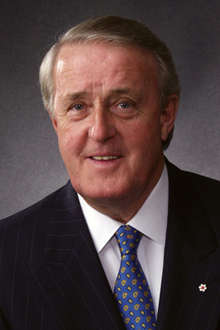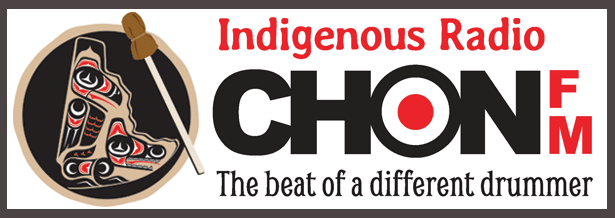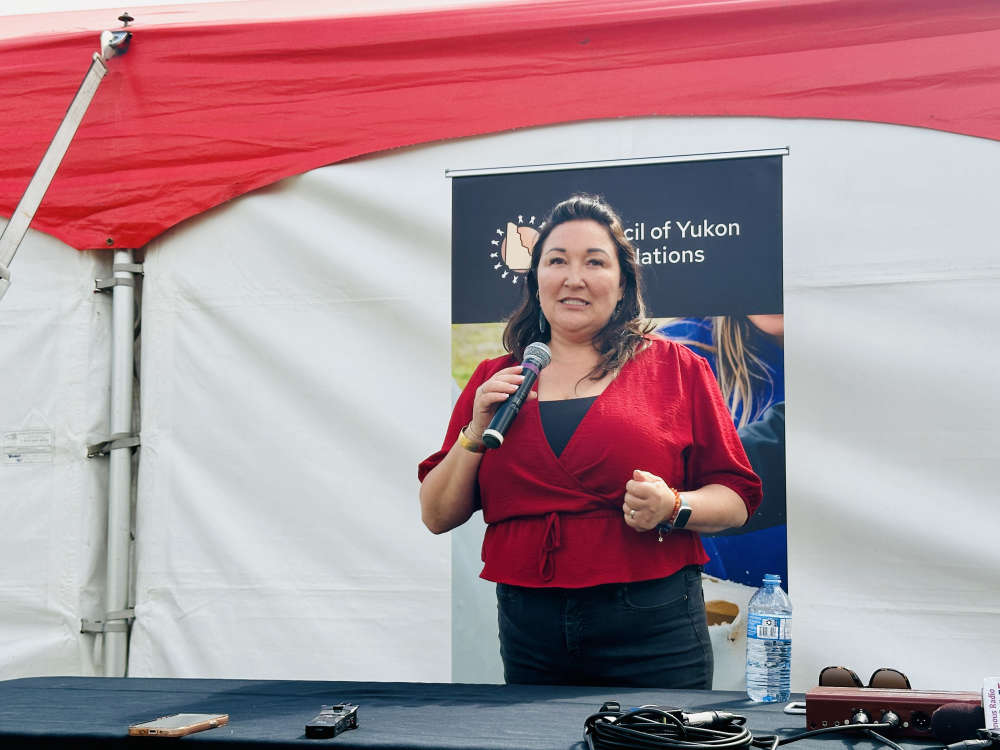
Mulroney's first deputy prime minister, Erik Nielsen, held the highest cabinet position by a Yukoner in Canadian history.
Former Prime Minister Brian Mulroney has died at the age of 84. Mulroney was the 18th Prime Minister of Canada, and held office from 1984 to 1993.
Yukon Party Leader Currie Dixon released a statement offering his condolences to Mulroney’s family on Friday morning. Dixon’s statement called Mulroney a friend to the Yukon, saying that his government had provided many investments to the territory, including Erik Nielson Whitehorse International Airport.
Erik Nielson, the airport’s namesake, served as Mulroney’s deputy prime minister from 1984 to 1986. Nielson held the highest cabinet position by a Yukoner in Canada’s history.
Early Friday afternoon, Yukon Premier Ranj Pillai issued a statement on Mulroney’s death, noting achievements including the North American Free Trade Agreement and opposing apartheid in South Africa. Pillai also made mention of Mulroney’s commitment to the land claims process, as the Umbrella Final Agreement was signed while he was prime minister.
Speaking with media in Sudbury, Ontario on Friday, Prime Minister Justin Trudeau said that Mulroney will receive the proper respect fitting a former prime minister.
“I can confirm that, obviously, there will be a full state funeral for the former prime minister,” said Trudeau on Friday. “We are working with the family closely to ensure that all of their wishes are respected, and that it be the right and fitting tribute to him.”
Trudeau also told reporters that there will also be opportunities for Canadians to share their tributes to the former P-M in the coming weeks.
While Mulroney was in office, his government passed Bill C-31 into law. The bill was an amendment to the Indian Act with the goals of addressing gender discrimination, restoring Indian status to those who had been forcibly enfranchised, and allowing bands to control their own band membership as a step towards self-government.


 Math'ieya Alatini elected CYFN Grand Chief
Math'ieya Alatini elected CYFN Grand Chief
 Watson Lake man charged in firearm robbery
Watson Lake man charged in firearm robbery
 House fire in McIntyre contained
House fire in McIntyre contained
 RCMP plane crash caused by faulty sensor: TSB report
RCMP plane crash caused by faulty sensor: TSB report
 New Fireweed Mental Health unit opens at Whitehorse General Hospital
New Fireweed Mental Health unit opens at Whitehorse General Hospital
 Traditional learning camp opens at Whitehorse school
Traditional learning camp opens at Whitehorse school
 Yukon Schools introduce online registration for bus service
Yukon Schools introduce online registration for bus service
 Yukon Government unveils progress in healthcare transformation with 2024 Putting People First annual report
Yukon Government unveils progress in healthcare transformation with 2024 Putting People First annual report
 Whitehorse Emergency Shelter unveils New Artwork celebrating Yukon First Nations culture
Whitehorse Emergency Shelter unveils New Artwork celebrating Yukon First Nations culture
 Former Whitehorse City Councillor Ted Laking announces bid for Yukon Party nomination in Porter Creek Centre
Former Whitehorse City Councillor Ted Laking announces bid for Yukon Party nomination in Porter Creek Centre
 Yukon Government seeks applicants for new Health Authority Board
Yukon Government seeks applicants for new Health Authority Board
 Canada Post strike looms, Yukoners brace for disruption
Canada Post strike looms, Yukoners brace for disruption
 Driver charged in fatal collision that killed Yukon Government Deputy Minister and injured Minister
Driver charged in fatal collision that killed Yukon Government Deputy Minister and injured Minister
 Yukoners encouraged to apply for Northwestel's Northern Futures Scholarship Program
Yukoners encouraged to apply for Northwestel's Northern Futures Scholarship Program
 City of Whitehorse summer transportation maintenance work underway
City of Whitehorse summer transportation maintenance work underway
 Yukon Government seeks input on new downtown public school
Yukon Government seeks input on new downtown public school
 Indigenous leadership takes centre stage: Rebecca Chartrand and Mandy Gull-Masty appointed to key cabinet roles
Indigenous leadership takes centre stage: Rebecca Chartrand and Mandy Gull-Masty appointed to key cabinet roles
 Whitehorse prepares for Annual 20-Minute makeover
Whitehorse prepares for Annual 20-Minute makeover
 RCMP conducting training exercises on Schwatka Lake
RCMP conducting training exercises on Schwatka Lake
 CYFN makes history as winner of prestigious Arctic Inspiration Prize
CYFN makes history as winner of prestigious Arctic Inspiration Prize